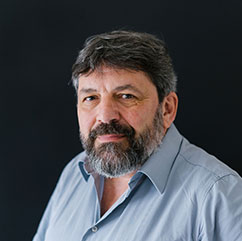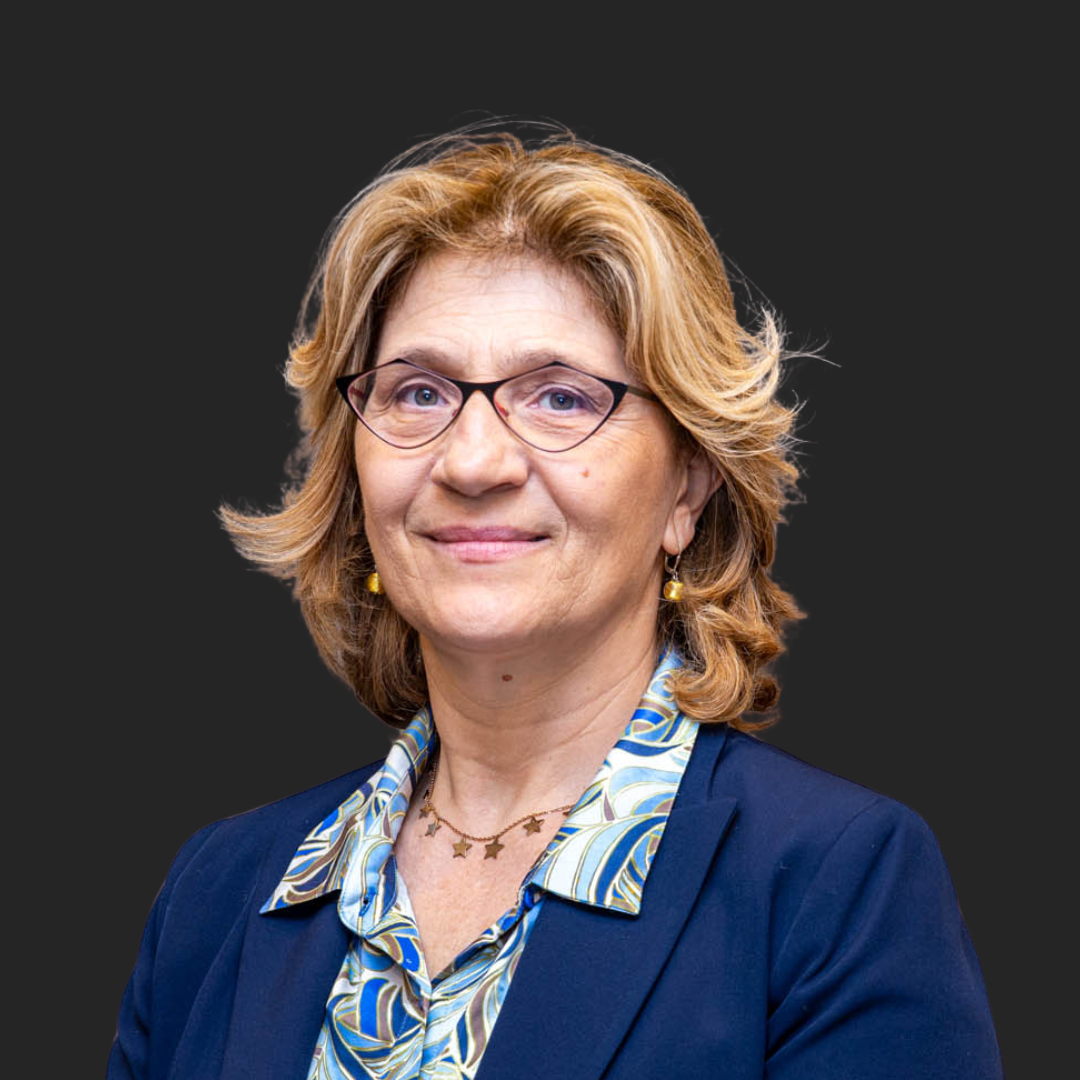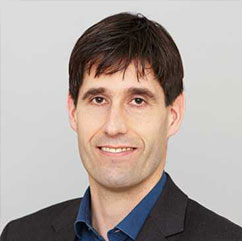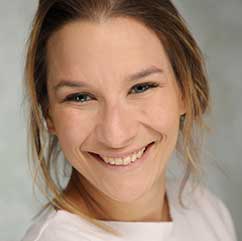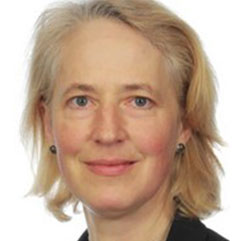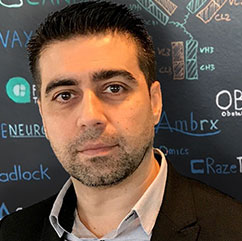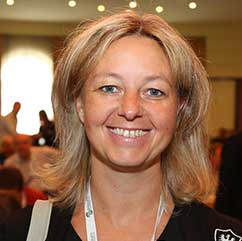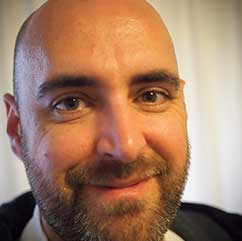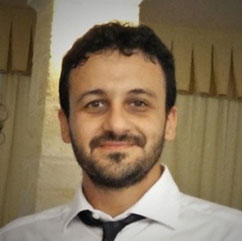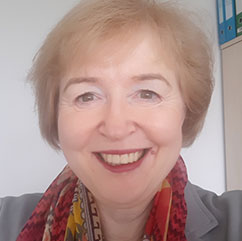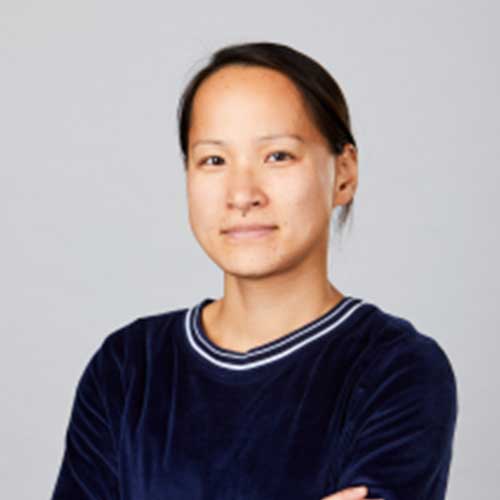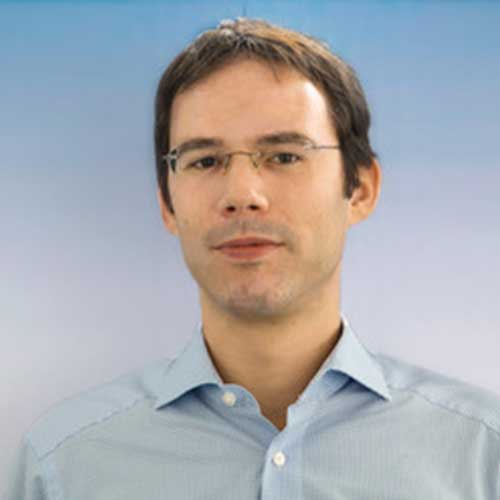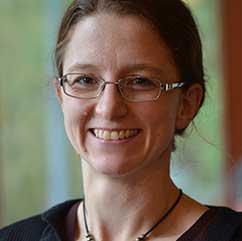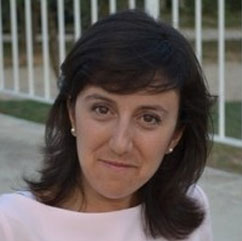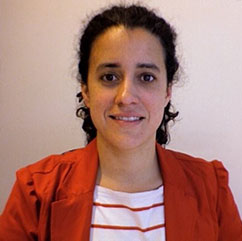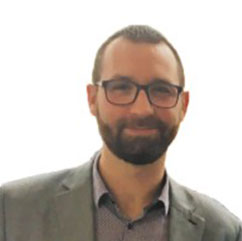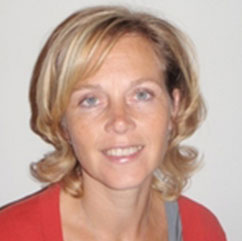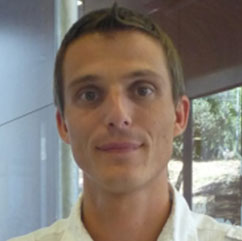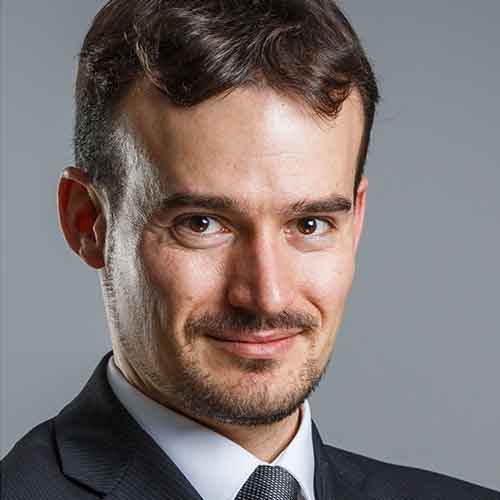This course will guide you through the basic processes of knowledge transfer – from receiving and evaluating an invention disclosure to pitching for investment, and negotiating deals. You will learn from experienced knowledge transfer professionals
This three-day course is for people relatively new to technology and knowledge transfer with less than two-years’ experience. The course is developed for professionals, from both public and private institutions, entrepreneurs and consultants. Designed for those working within a university TTO / KTO, linked directly or indirectly to technology transfer activities and wishing to learn more about knowledge and technology transfer. This is a great way to develop a strong foundation of knowledge if you wish to advance your career. Many TTO/KTO professionals have benefited from this powerful professional development launch pad.
Learning Objectives
- A broad overview of the fields covered by Knowledge Transfer Officers and offices
- Cover the basic output of a KTO / TTO
- Gain insights into patenting and patent evaluation, and the licensing process
- Develop the rudimentary tools for dealing with inventions, inventors, licensees, founders and potential cooperation partners
- Increase knowledge on setting up a spin-off company, including the broad financing possibilities
- Tips and tricks on negotiation a successful deal (with a collaboration partner, a spin off or a licensee)
Course Topics
- Evaluation of exploitation strategy and options
- Patenting: what you should know
- Introduction to licensing
- Introduction to academic spin-offs
- Basics of spin-off financing
- Technology transfer through research collaborations
- Collaboration and negotiation strategies
- Programme
- Speakers
Programme
-
Wed 04 December 2024
-
09:00 - 09:45 Course introduction
In this opening session the Course Directors, shall outline what to expect from the days ahead and answer any queries you may have before starting out on three days of intense learning.
-
09:45 - 10:45 Finding and evaluating technology opportunities and exploitation strategies
Very few of the disclosures we receive are likely to form the basis of a good patent: fewer still, maybe 1 in 10, have any commercial potential. Moreover, we simply do not have the time to simultaneously manage too many projects.
How then should we: scout, screen, evaluate, and rank the disclosures and opportunities we receive?
What exploitation scenario and strategy are most suitable?
How should we reject the ones that we decide not to pursue?
-
10:45 - 11:15 Break
-
11:15 - 12:15 Patenting : what you should know
An introduction to the what and when of patenting academic findings and the key decision points along the way.
-
12:15 - 13:15 Introduction to licensing
This session offers a general introduction to the what, why and how of licensing and addresses some of the common matters you need to take into consideration when negotiating a licensing deal.
-
13:15 - 14:15 Lunch
-
14:15 - 14:30 Licensing exercise : presentation
-
14:30 - 15:30 Licensing exercise : group work
-
15:30 - 16:00 Break
-
16:00 - 17:00 Licensing exercise : debriefing
-
17:00 - 17:15 Wrap up day 1
-
-
Thu 05 December 2024
-
08:30 - 09:15 Introduction to academic spin-offs
This session will provide a basic overview of the different steps needed to create an academic spin-out, covering topics such as: bringing the right team together, valuing the technology, and writing a business plan.
-
09:15 - 10:15 Basics of spin-off financing
This session will focus in on early-stage financing of academic spin-offs covering business model development, financing stages, equity, valuation and attached rights.
-
10:15 - 10:45 Break
-
10:45 - 11:45 Real life spin-off stories: KU Leuven
Starting a business, based on an academic finding, from the KTO perspective: the dos and don’ts for a KTO in the spin-out
-
11:45 - 12:45 Technology transfer through research collaborations
More than 95% of the knowledge transfer from academia to industry takes place in day-to-day research collaborations. In this exercise, learn more about the expectations of industry and academia when setting up a research collaboration.
-
12:45 - 13:45 Lunch
-
13:45 - 15:00 Group work: spin-off case study (pre-reading required)
Defining an acceptable and fair proposal for all involved: direct and indirect, internally and with partners, including distribution between university, inventors and investors.
-
15:00 - 15:30 Break
-
15:30 - 16:15 Case study debriefing : academic spin-off
-
16:15 - 16:30 Wrap up of day 2
-
-
Fri 06 December 2024
-
09:00 - 09:45 Introduction to negotiation theory and tools
This session first introduces the concept of principled negotiation aimed at achieving “win-win” deals. Real live negotiations however include both cooperative and competitive elements. The session will then explore the tension between value-creating and value-claiming strategies. The session will end with some guidelines on how to prepare negotiations.
-
09:45 - 10:00 Introduction to the role-play session
Presentation of the role-play, a two-party, scored, integrative negotiation.
-
10:00 - 11:00 Negotiation role-play
This session is divided into two parts: in the first 15 minutes you shall prepare the negotiations; in the following 45 minutes, you will perform the negotiation simulation.
-
11:00 - 11:30 Break
-
11:30 - 12:00 Negotiation role-play: debriefing
Results are presented and discussed on the integrative zone of possible agreements.
-
12:00 - 13:00 Introduction to the power in negotiations
There are different sources of power in negotiations. This session first discusses the different elements of power. The second part describes some techniques and dirty tricks that are used to shape perception during negotiations.
-
13:00 - 13:15 Course wrap up
-




